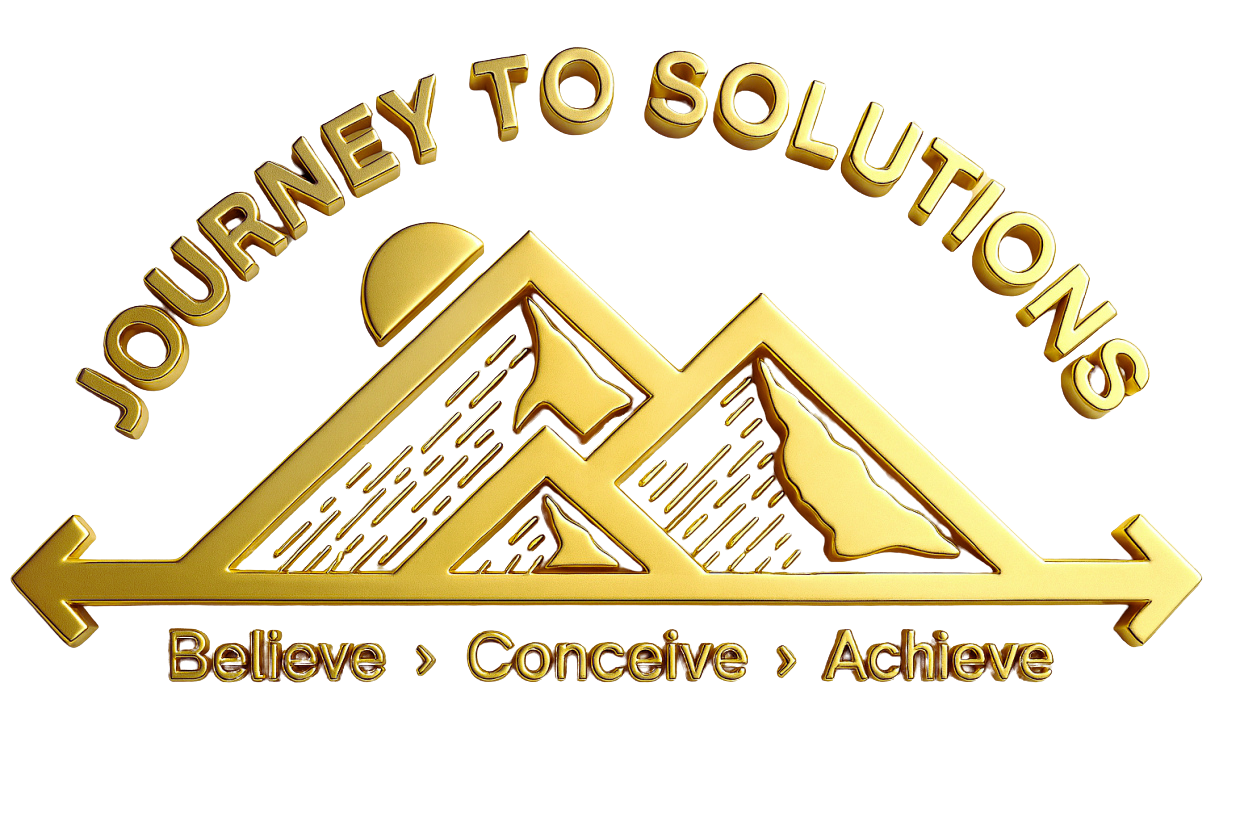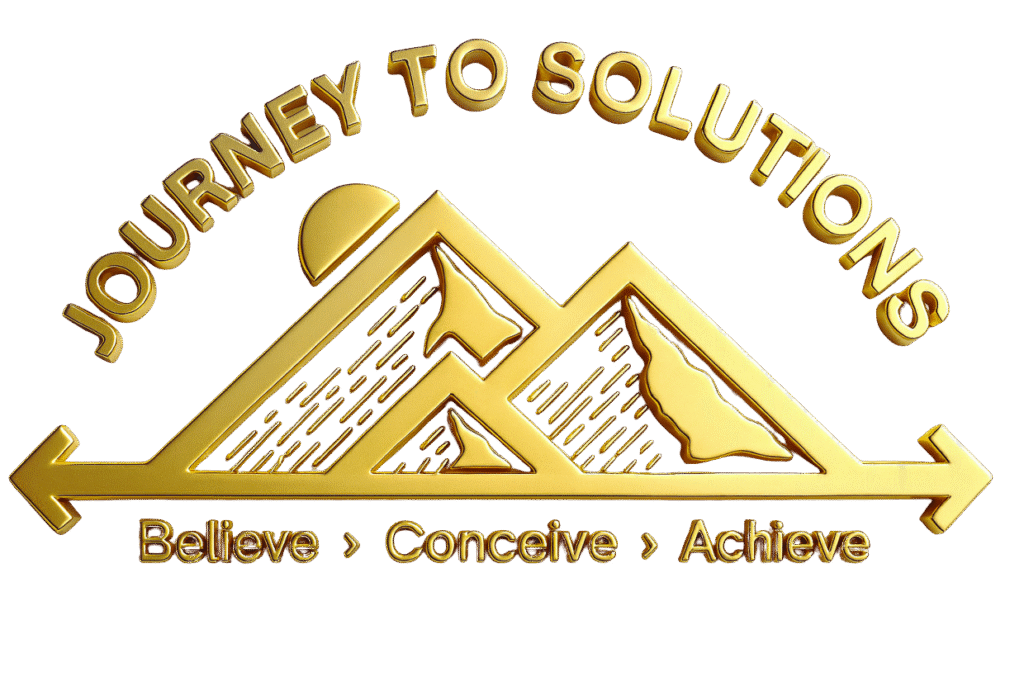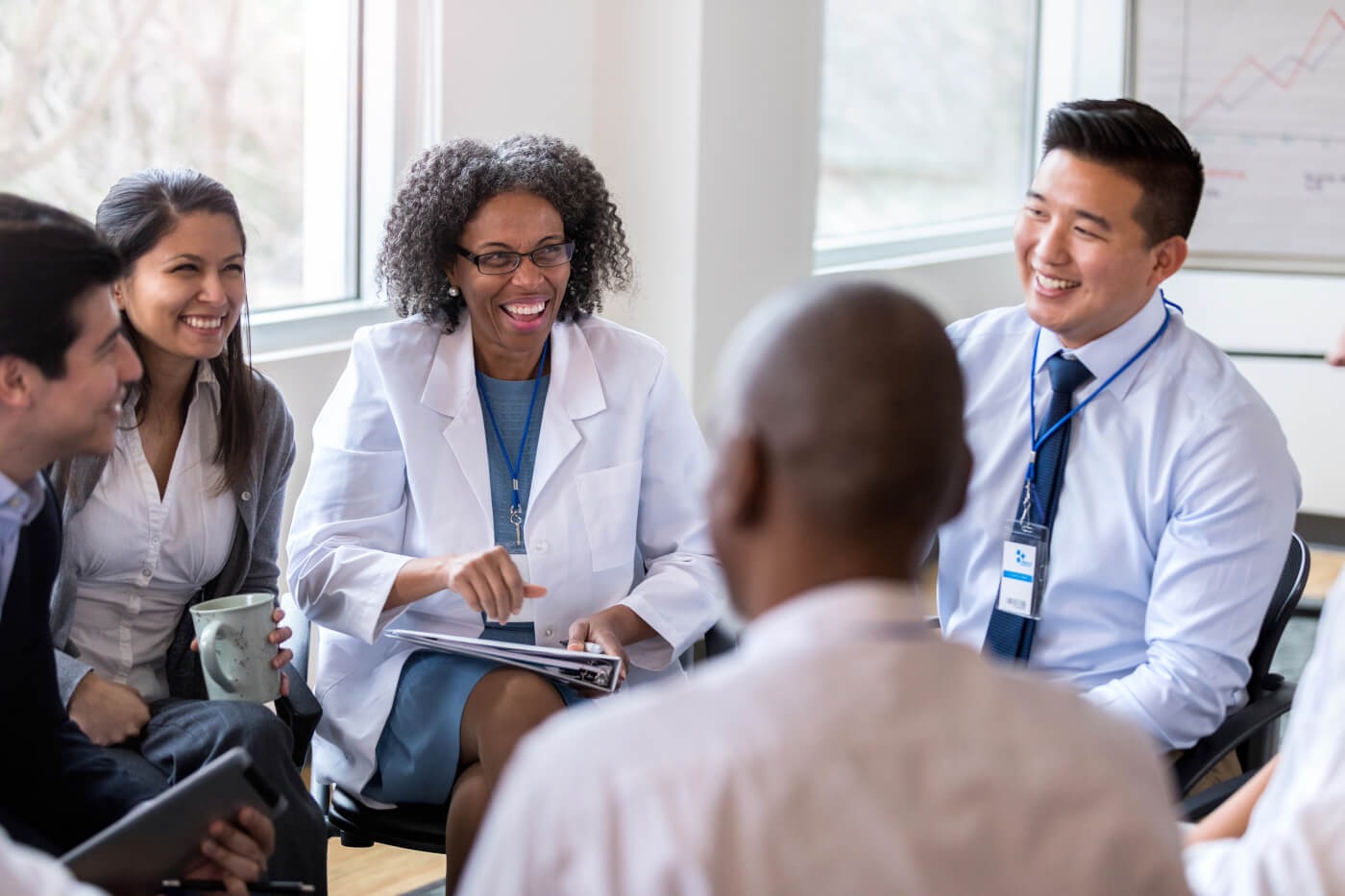Recovery from addiction is often portrayed as an individual journey of willpower and determination. While personal commitment is essential, research and lived experience consistently show that sustainable recovery happens best within a supportive community. Understanding and building these connections can be the difference between struggling alone and thriving together.
Why Community Matters in Recovery
Breaking the Isolation Cycle
Addiction often thrives in isolation. The shame, guilt, and stigma surrounding substance use disorders can lead people to withdraw from relationships, cutting themselves off from the very connections that could provide support and healing.
Community breaks this cycle by providing a safe space where individuals can share their experiences without judgment, learn that they’re not alone in their struggles, and witness the recovery of others who have walked similar paths.
Shared Understanding and Validation
One of the most powerful aspects of recovery communities is the shared understanding that comes from lived experience. While family and friends may offer love and support, there’s something uniquely healing about connecting with others who truly understand the challenges of addiction and recovery.
This validation helps individuals realize that their experiences are normal parts of the recovery process, reducing feelings of shame and self-blame that can trigger relapse.
Types of Recovery Communities
Building Your Recovery Community
Start Where You Are
Building a recovery community doesn’t happen overnight, and it doesn’t require dramatic changes to your entire social circle. Start by identifying one or two types of support that feel manageable and authentic to you.
Overcoming Common Barriers
Many people in early recovery face barriers to community involvement. Recognizing and addressing these challenges is an important part of building sustainable support systems.
Common Barriers:
• Social anxiety or fear of judgment
• Scheduling conflicts or transportation
• Past negative experiences with groups
• Feeling different or not belonging
• Pride or reluctance to ask for help
Solutions:
• Start with online groups if in-person feels overwhelming
• Ask about transportation assistance programs
• Try different groups until you find the right fit
• Remember that everyone was new once
• Consider one-on-one peer support to start
The Journey to Solutions Community Approach
At Journey to Solutions, we understand that community is not just helpful for recovery—it’s essential. Our approach recognizes that healing happens in relationship with others, and we work to connect individuals with multiple layers of support.
Multi-Layered Support
We believe in building communities that include professional support, peer connections, family involvement, and broader community engagement. This multi-layered approach ensures that individuals have support from various sources and perspectives.
Creating Inclusive Spaces
True community in recovery must be inclusive and welcoming to people of all backgrounds, identities, and experiences. This means actively working to create spaces where everyone feels safe, valued, and supported in their recovery journey.
Whether someone is dealing with addiction to substances, behavioral addictions, mental health challenges, or supporting a loved one, our community approach recognizes that healing happens when people feel genuinely seen and accepted.
Giving Back: From Receiving to Contributing
One of the most powerful aspects of recovery communities is the opportunity to transform from someone who receives support to someone who provides it. This transition from “patient” to “helper” is often a crucial turning point in long-term recovery.
Ways to Contribute
Sustaining Community Connection
Building community is just the beginning—maintaining these connections over time requires intentional effort and ongoing commitment. Like recovery itself, community involvement works best when it becomes a regular part of life rather than something you do only during crisis periods.
Starting Your Community Journey Today
If you’re ready to build or strengthen your recovery community, remember that every journey begins with a single step. You don’t need to transform your entire social life overnight— start with one connection, one meeting, one conversation.
At Journey to Solutions, we’re here to help you find the community connections that work for your unique situation and recovery goals. Whether you’re just beginning your journey or looking to deepen existing connections, we can help you find your place in the broader recovery community.




